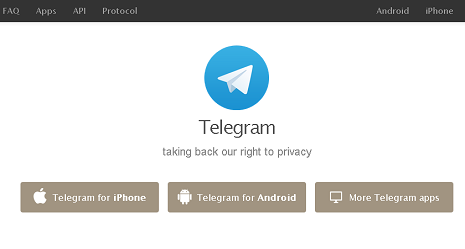“My colleagues and I at the ministry of telecommunications have no plan to restrict social networks and are aware of the application of such networks in today’s life. Meanwhile, I urge users to avoid spreading such reports in social networks unless they are confident about correctness of the reports.”
Vaezi said in May that implementing the second phase of the smart filtering system will be launched in the next two months.
It is not clear which social networks the new phase will cover, he added.
The first phase of the project was started last December by limiting access to certain pages on Instagram, a popular photo-sharing network.
The Islamic Republic’s smart filtering software is capable of accurate and rapid detection of “inappropriate” content (including text, image and video) online.
Vaezi further rejected reports that the ministry has implemented restriction on access to Viber mobile application. Recent problems with Viber and Instagram networks are not related to Iran’s Internet, he said, adding Iran has not limited access to those networks.
Iran’s Culture Minister Ali Jannati earlier said that 9.5 million Iranians use the social app Viber and 4-4.5 million use Facebook.
It should be noted that several of world’s most popular networks, such as Twitter and Facebook are banned in Iran, while users are still able to access them via proxies. A proxy allows bypassing ‘gates’ meant to block certain sites.
More about:
















































